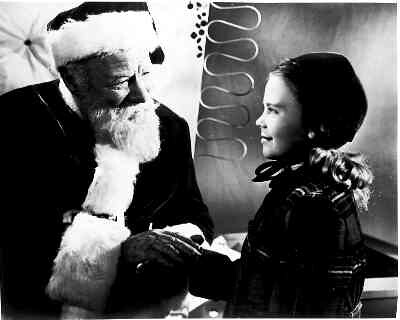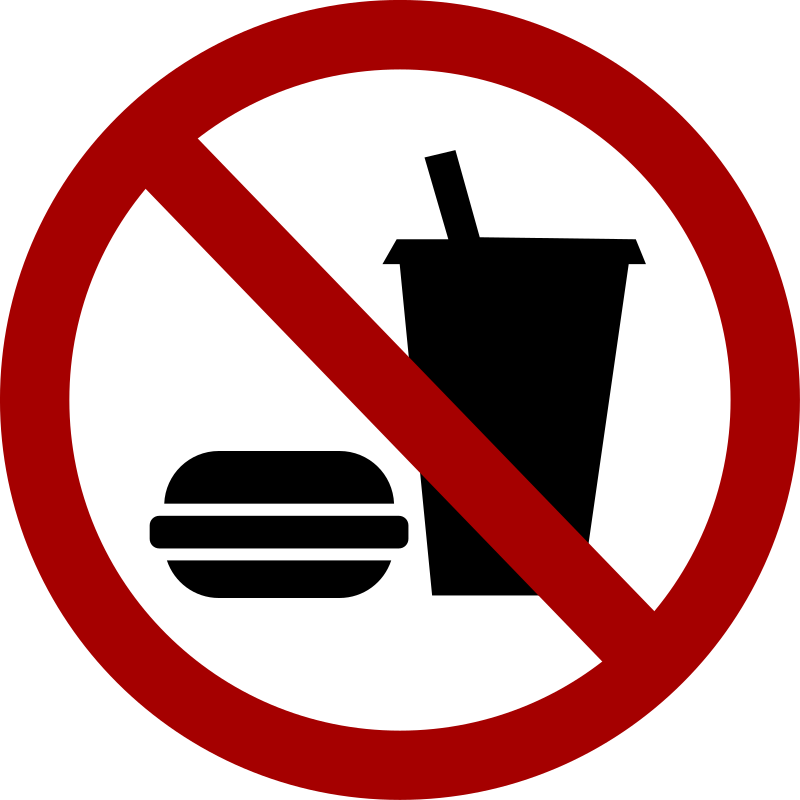The holiday season is a special
time of year, and plenty of writers have used that to their advantage.
Stories about Santa Claus, believing and the holiday spirit are always
going to be popular. But few are destined to gain the sort of love and
popularity enjoyed by Miracle on 34th Street, one of my all-time favorites. You've probably seen the movie, but what do you know about the book?
The Book
Valentine Davies wrote Miracle on 34th Street
in 1947, as a companion novelette for the film released the same year.
It was actually published by 20th Century Fox, who also made the film,
but it's managed to stand on its own and has sold millions of copies.
The book introduces readers to Doris Walker, a rather cold career woman
who works for Macy's. She's managing personnel for the famous Macy's
Thanksgiving Day Parade, and must fire the Santa Claus she's hired at
the last minute when he turns up drunk. She hires bystander Kris to take
his place, an elderly gentleman who looks the part. He's so good in the
parade that Toy Department head Mr. Shellhammer suggests that Kris play
the department store's in-house Santa for the duration of the holiday
season. Kris accepts the job and goes to work at Macy's, on 34th Street
in New York City.

Doris
has a daughter, 6-year-old Susan, who has been raised in a world
without fairy tales, dreams or fantasies. Doris doesn't believe in
illusions; apparently she already got her fill of them with her former
husband (Susan's father). Once the parade is over she goes to fetch
Susan from the apartment of Fred Gailey, a lawyer who lives in the same
building, and he manages to wrangle an invite to Thanksgiving dinner
with Susan's help. Gailey is single, Doris is pretty, and he's hoping
the dinner will only be the beginning.
The
dinner goes well, but Doris's next workday does not. It seems that Kris
thinks he actually is Santa Claus, like the real one, and this is cause
for concern. He is taken to Macy's company psychologist Albert Sawyer,
who takes an immediate dislike to Kris. Meanwhile, Kris has managed to
strike up a friendship with Fred Gailey, and together the two of them
plan to unthaw Doris and Susan. Gailey will work on opening Doris's icy
heart, and Kris will teach Susan how to be a child with an imagination
she's not afraid to use.
But
Sawyer proves to be a fly in the ointment. He manages to get Kris
committed to Bellevue, the famed insane asylum, without Doris's
knowledge. Gailey signs on as his lawyer in order to prove that he's
sane and get him out of the place.
Gailey
comes up with a truly unique defense. Instead of finding a way to prove
that the man who calls himself Kris Kringle is sane, he decides to
prove -- in a court of law, mind you -- that Kris actually is Santa Claus. And maybe he is. It's the holiday season, and anything's possible...as Susan will learn at the end of the story.
The Film
The
story beautifully comes to life on film, which makes since as the book
was created to complement the movie. Natalie Wood stars as the adorable
Susan, Maureen O'Hara is gorgeous as Doris, and Edmund Gwenn is Kris
Kringle/Santa Claus. He was so good in the role, young Wood actually
thought he was Santa, and the Academy agreed. He won an Oscar in the role.
The
movie opens with Kris window-shopping on Thanksgiving, where he
corrects a store clerk who has put the reindeer pulling Santa's sleigh
in the wrong positions. The audience is this taken into the bustling
middle of the parade, where Doris is putting out several different
fires. We know at once that she's a strong, capable career gal. We find
out soon that she's also a single mother who does her best to keep her
daughter firmly grounded in reality.

My
favorite scene occurs early in the film, when Gailey takes Susan to
Macy's to visit Santa. She matter-of-factly tells him that she doesn't
want anything for Christmas -- "whatever I need, my mother will buy me,
if it's sensible and doesn't cost too much." But when he speaks fluent
Dutch and sings a song with a little girl who believes he is Santa, even
Susan is touched. I just love it. Another great moment comes later in
the film, during the trial, which is filled with absolutely fabulous
moments. One of the best is when Gailey calls the prosecutor's own son
to the witness stand to testify that Santa does, indeed, exist --
"because my daddy told me so." I adore trial scenes, and the one in this
flick is worth watching again and again.
What Got Adapted?
Very
little changes from book to film in this one, for obvious reasons. As
the story goes, it was originally written around 1944. Davies later
adapted the work when Fox thought it would make a great screenplay, and
she worked on both the novel and the script with other Fox writers.
The
AFI ranks the original film in their Top Ten of classic American films,
and it's part of the National Film Registry. Several remakes of the
movie do exist, but the 1947 version is still the best by a country
mile. Now is the season to watch it, so go and watch it! This story is a
delight, both on the page and on the screen.
























